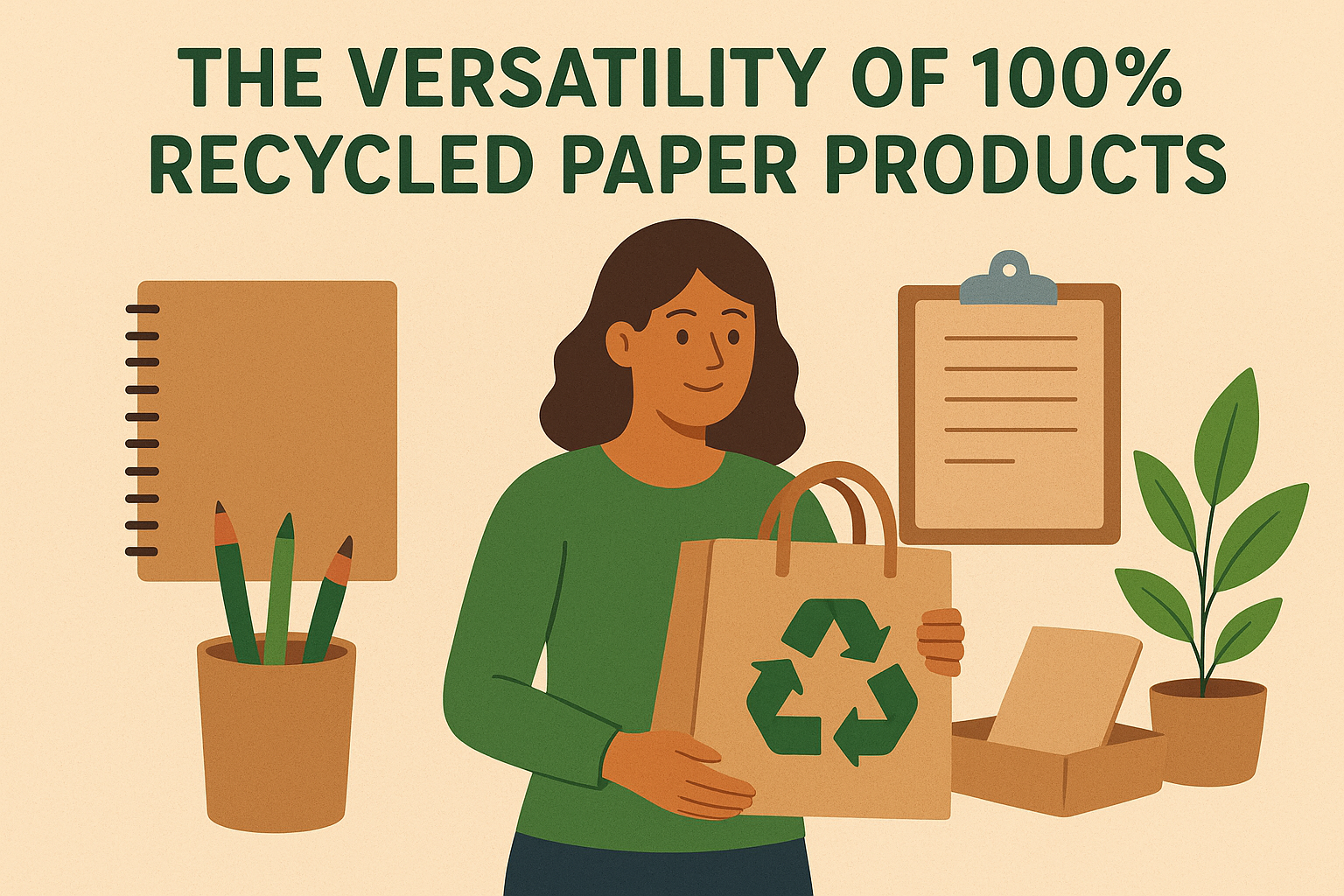A beginner's guide: Everything you need to know about sustainable stationery
In an increasingly eco-conscious world, making sustainable choices is not just limited to recycling and reducing waste. Even the simplest of everyday items, like stationery, can have a significant impact on the environment.








